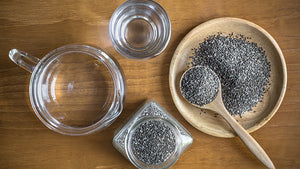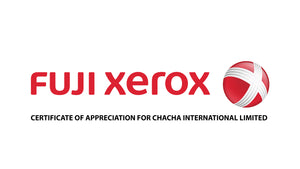An Organic Egg Really Does Do Your Body Good
Updated on March 22, 2009
If you've been staying away from eggs because you're afraid of raising your blood cholesterol level, I encourage you to review my article on what most doctors won't tell you about cholesterol.
The truth is that organic eggs are abundant in the following health-promoting nutrients:
-
Healthy protein and fat
-
Vitamins A, D, B12, B2, niacin, and folate
-
Lutein and zeaxanthin, which are yellow and orange carotenoids that can reduce your risk of developing cataracts and age-related macular degeneration
-
Choline, a nutrient that is essential to normal cell structure and function and proper signaling between regular cells and nerve cells
What follows are some guidelines on including eggs in a healthy diet and lifestyle:
-
Try to eat organic eggs from free range birds - such eggs tend to have a healthier nutritional profile than eggs that are produced in a factory farm setting.
-
If you fry or scramble eggs, use virgin coconut oil, olive oil, or if you can tolerate dairy, use organic butter - all are relatively high in healthy saturated fatty acids and are therefore quite stable when exposed to low to medium cooking temperatures.
-
Try not to eat cooked eggs every day, as it's possible to become allergic to any protein-dense food if you eat it in large quantities every day. Three to five servings per week is fine for most people.
-
Try eating raw eggs. For many people, raw eggs are a better food choice than cooked eggs because all heat-sensitive elements are fully intact in raw eggs. Also, raw eggs are more easily assimilated into your bloodstream than cooked eggs, though for the average person whose digestive tract is relatively healthy, cooked eggs don't pose significant digestive burden.
An enjoyable way to enjoy the health benefits of eating raw eggs is via our delicious power smoothie recipe
One note on eating raw eggs: Many people in North America have been conditioned to believe that eating raw eggs is dangerous because of the potential of being infected with salmonella.
According to a recent study by the United States Department of Agriculture, only one in every 30,000 eggs is contaminated with salmonella. Although I haven't come across any statistics that tell us what this percentage is for organic eggs, it's almost certainly far lower. The healthier the bird and its environment and feed, the less risk there is of salmonella contamination.
Personally, I don’t worry about this issue at all. People all over the world - particularly in Russia, China, and Korea - have included raw eggs in their diets for thousands of years.
If you are concerned about becoming deficient in biotin due to the presence of avidin in raw egg whites, have your egg yolks raw and cook your egg whites. While avidin can bind onto biotin and prevent its absorption into your bloodstream, you will still be getting biotin whenever you eat foods that contain it and don't eat raw egg whites at the same time.
Here are four measures that you can use to spot a healthy egg:
-
It should have an intact shell with no cracks.
-
It shouldn't smell bad.
-
The white portion should be gel-like and not watery.
-
The yellow portion should be round and firm.
Please consider sharing this post with folks in your life who want to eat eggs but don't due to misguided fears.
- Perfect Earth Foods





